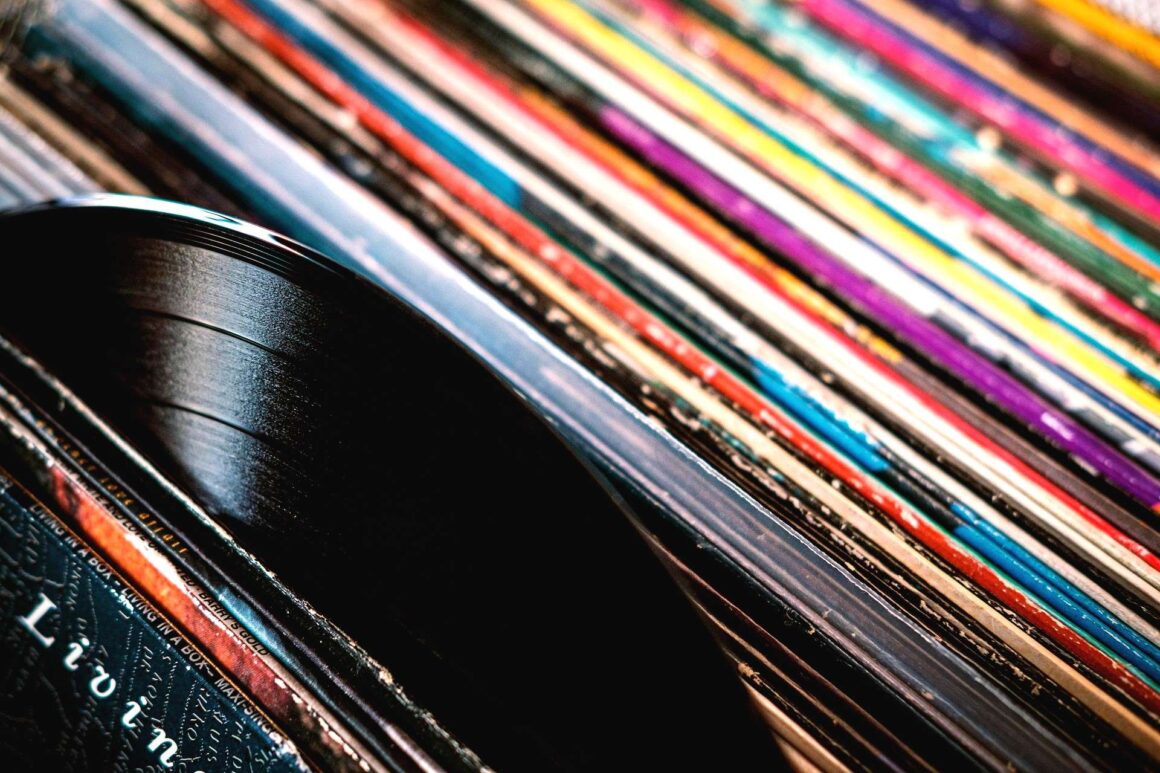The Internet Archive has settled its lawsuit with Universal Music Group and Sony Music Entertainment over its Great 78 Project. The initiative is dedicated to digitizing and preserving shellac 78 rpm singles. For anyone who’s interested in music history, the project is a one-of-a-kind resource. Many of these records were never released in any other format. There are very few libraries that have the equipment needed to play these kinds of records.
A Settlement Instead of a Trial
That’s why this lawsuit always felt absurd. 78 rpm singles went out of print in the 1950s. The audience for them is archival, not commercial. Listening counts on the Internet Archive are a drop in the bucket compared to Spotify or Apple Music streams. There’s no lost revenue here. The project wasn’t trying to compete with streaming. It was trying to make sure music history didn’t disappear.
Still, the labels pushed hard. At one point, they were seeking damages of up to $621 million for alleged “mass infringement.” They even amended their lawsuit to include recordings made by Frank Sinatra, Ella Fitzgerald, Billie Holiday, Nat King Cole, Buddy Holly, and Chuck Berry.
Now, after two years of legal wrangling, the case has been dismissed following a confidential settlement. The specific terms won’t be disclosed. Judge Maxine Chesney signed the dismissal, but the case could technically resume if the settlement isn’t finalized within 90 days.
What Happens to the Great 78 Project?
Nobody really knows what will happen to the project. The recordings flagged in the lawsuit have already been removed. The project itself hasn’t been updated since September 2024. While it still houses more than 400,000 tracks, its future direction is unclear.
What makes the Great 78 Project different from a streaming platform is permanence. Spotify can pull a song tomorrow if licensing changes. Apple Music can drop a catalog without notice. The Archive aimed to be the opposite. It was supposed to be a place where recordings would remain accessible for the long term.
Will the Internet Archive continue to add more 78 rpm recordings? Or did this legal mess force the Internet Archive to quietly cancel the project? The project was always about more than nostalgia. It was about ensuring fragile pieces of music history weren’t lost to time. It would be a shame if all that hard work had to come to an end out of fear of another lawsuit.
The Fight Over Music History
The lawsuit over the Great 78 Project was about whether the efforts to preserve sound recordings are an exception to copyright law. Over 850 musicians signed a letter defending the Archive. Their argument was that the project posed no threat to artists and only served to preserve culture. In an industry where most musicians see little money despite record-breaking label profits, going after the Internet Archive isn’t protecting artists.
Warner Music’s absence from the lawsuit is worth noting. One of its executives even sits on the board of a music archive organization. Not all music labels view preservation as a threat. Even though Universal and Sony chose to settle, the fact that their lawsuit went as far as it did shows the legal risks archives face.
This probably won’t be the last time major labels will sue sound archives for copyright infringement. Labels will always weaponize the laws regarding copyright to maintain control over who has the right to access their catalogs. The fight to preserve music will continue to play out in courts until lawmakers decide to intervene.






